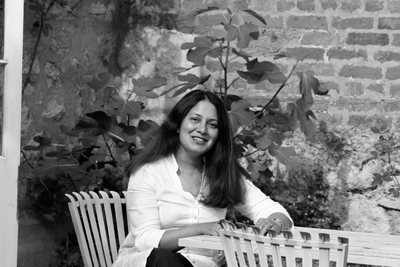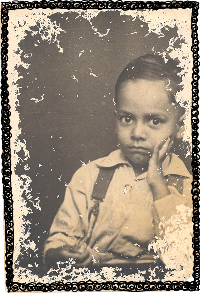biography
![]()
![]()
![]()
![]()
![]()
![]()
![]()
![]()
![]()
![]()
![]()
![]()
![]()
![]()
![]()
![]()

Sunetra Gupta is an acclaimed novelist, essayist and scientist. In October 2012 her fifth novel, So Good in Black, was longlisted for the DSC Prize for South Asian Literature. In 2009 she was named as the winner of the Royal Society Rosalind Franklin Award for her scientific achievements. Sunetra, who lives in Oxford with her husband and two daughters, is Professor of Theoretical Epidemiology at Oxford University's Department of Zoology, having graduated in 1987 from Princeton University and received her PhD from the University of London in 1992. Sunetra was born in Calcutta in 1965 and wrote her first works of fiction in Bengali. She is an accomplished translator of the poetry of Rabindranath Tagore.
![]()
![]()
![]()
![]()
![]()
![]()
![]()
![]()
![]()
![]()
![]()
![]()
![]()
![]()
![]()
![]()
Sunetra's childhood and her family's peripatetic lifestyle have had a great impact on her work. Her early years were spent moving between Ethiopia, Zambia and England. When she was 11 the family returned to Calcutta, a city which continues to inspire her writing.
"My father, Dhruba Gupta (1934-2004), was an extremely important figure in my life. He had a profound influence on every aspect of my thinking. He was an extraordinary person and had indefatigable energy for creativity and what he called “creative criticism.” He lectured in African history at Calcutta University but he also spent time writing and lecturing on cinema. He wrote novels, short stories and essays on a wide number of topics. He managed to expose me to all types of art and he educated me in criticism – how to receive art. He inculcated within me the spirit of being able to move between the areas of art and science with ease. He didn’t find it at all interesting that I was a scientist, but he made it seem natural and easy for me to be a scientist and also to write fiction.

I can still see him sitting cross-legged on his bed with a little table over his knees, typing, with my rabbit Andropov stretched out beside him. I remember many evenings just sitting at the dining table, our plates cleared away, talking until midnight. He had an extraordinary sense of humour – I can still hear his generous laughter echoing through the rooms of our flat in Calcutta.
My mother, Minati, always supported our peculiar habits and if she hadn’t looked after us as wonderfully as she did, I am certain we would have been destitute. My father loved to travel which is why, during my childhood, he insisted on taking teaching jobs in Ethiopia, Zambia and Britain which brought much excitement into our lives, but not much security. My father was a very principled man and would easily resign a position without any regard as to how it might imperil him financially. My mother was never very good at making him change his mind, but always saw to it that there was some other practical solution, usually involving a lot of hard work on her part."